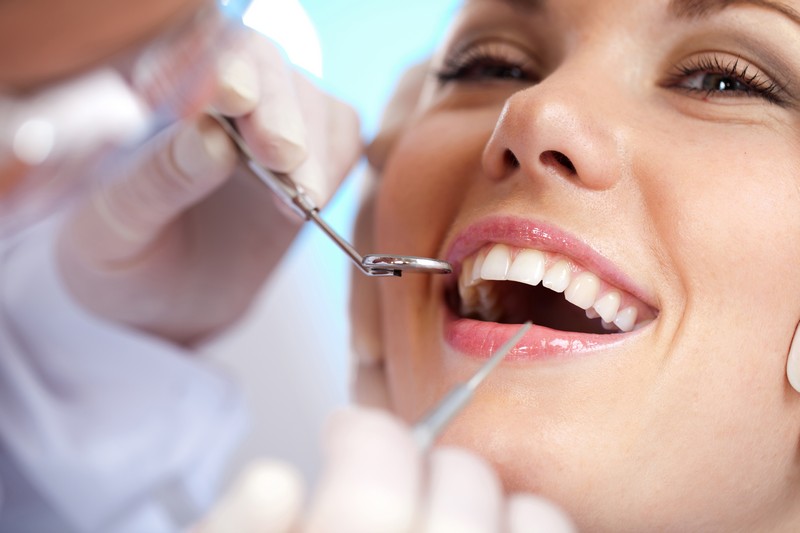
Dental cavities are the result of severe bacteria-induced tooth decay. Bacteria and other microorganisms found on dental plaque feed on sugar and starch from leftover food debris in the mouth, which causes an acidic reaction that erodes teeth and leaves holes. If left unattended, dental cavities can lead to periodontal disease, tooth infection, the formation of abscesses, and even permanent tooth loss.
The formation of dental cavities is one of the most common dental problems experienced by most patients, especially children. Those suffering from dental cavities should improve their dental hygiene and seek the aid of a dentist immediately before the decay worsens.
The symptoms of tooth decay
Tooth decay does not happen overnight; it slowly develops in individuals until they suddenly manifest in the form of toothaches, increased tooth sensitivity, and visible holes. The worst cases of tooth decay can result in pus forming around the afflicted tooth and gums. These conditions could exacerbate if the afflicted individual fails to improve his or her dental hygiene, or maintains a sugar and starch-rich diet.
Stopping tooth decay
There are several ways to reduce the incidence of tooth decay and cavities. One such method is to brush your teeth with fluoride at least twice a day. Brushing can remove plaque and the food particles that bacteria feeds upon. It should be noted that the fluoride content in toothpaste can help remineralize teeth that have been worn by bacterial decay. Flossing also helps remove food debris and plaque.
Individuals can try maintaining a healthy diet with moderated amounts of sugar and starch to cut down on cavities. Even simply drinking water after eating sweets can make a huge difference in preventing plaque buildup. Of course, regular trips to the dentist will greatly reduce tooth decay problems, as the dentist can offer deep dental cleanings.
Treating dental cavities
If you are already suffering from dental cavities, you do not have to lose heart. There are several treatment options you can choose from in order to restore the damaged teeth and relieve yourself of pain. Come to Buckhead Esthetic Dentistry, and let Dr. Jolanda Warren walk you through the various dental solutions she has for your dental cavity problems. One of the most common treatment methods for dental cavities is the use of dental fillings. After the afflicted tooth has been cleaned of decay, it is then filled in with a soft or malleable filling. Patients can also opt for other cosmetic options to cover their cavities, such as inlays, onlays, and dental crowns. Prevention is still the best cure, so patients who value their teeth would do well to visit their dentists every now and then to keep their plaque buildup in check.
Schedule an appointment
Do you have dental cavities, or are you worried about plaque buildup? Schedule an appointment with Jolanda Warren, DMD today and let her help you with your problem before the decay gets worse. Call us at (404) 477-3060, or book an appointment through our website.
